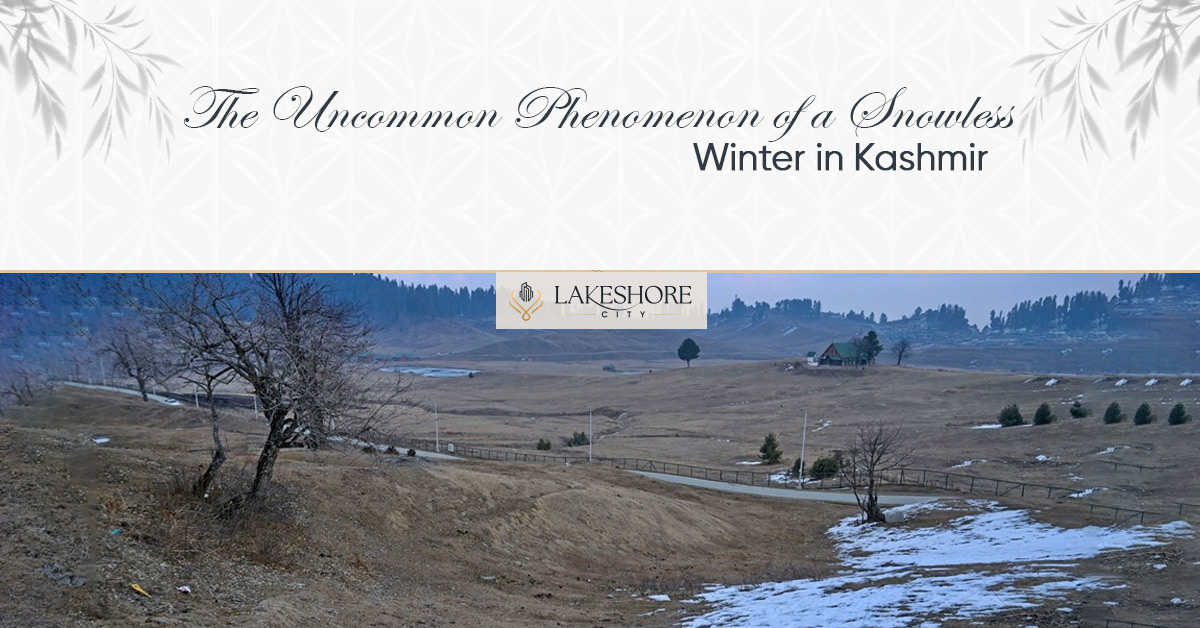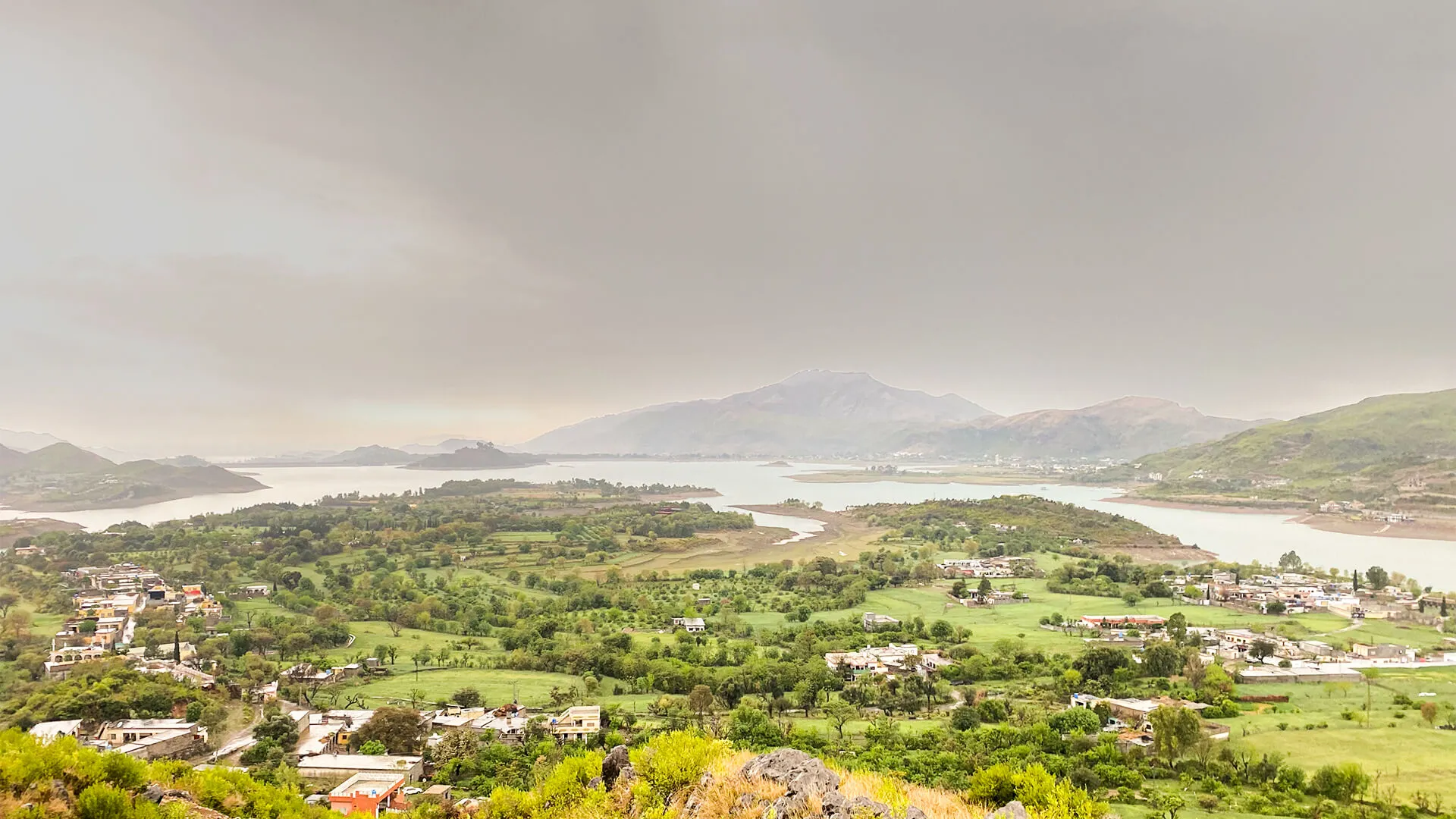In Indian-held Kashmir, the words “WINTER” and “snow” are synonymous, yet the current cold season has not yet brought with it any snowfall, raising concerns about the potentially disastrous effects of climate change and global warming.
The stunning valley, whose snow-capped mountains are a common sight in January, is presently described as “brown and barren” by BBC News.
Manzoor Ahmad, a 50-year-old Gulmarg hotel manager, told BBC News that he has never witnessed a season without snow in his 17 years of working as a professional. “This is unprecedented,” he said.
Typically, the area experiences a lot of snowfall during peak winter, which spans 40 days from December 21 to January 29.
According to officials speaking to the channel, the number of tourists this month has nearly half from the approximately 100,000 that came during the same period last year due to the absence of snowfall.
Since the tourism industry accounts for 7% of the region’s GDP, this drove the industry “to its knees,” according to BBC News.
“Snowless winter will have a disastrous impact on the territory’s economy,” experts have warned.
Due to insufficient snowfall, groundwater reserves will not be sufficiently replenished, which will have an impact on farming and water supplies.
The findings state that the valley has had consistently warm temperatures recently, with most stations reporting increases in temperature of six to eight degrees Celsius.
Environmentalists claim that the region has been affected by climate change, which has resulted in extreme weather events and protracted dry spells in both the winter and the summer. In December, there was a 79 percent decrease in rainfall, and in January, there was a 100 percent loss.
According to BBC News, which cited hotel owners, several tourists who had made bookings for skiing or sleigh excursions had canceled.
Gulmarg Hoteliers Club President Aqib Chaya stated to BBC News. “More than 40% of hotel reservations have been canceled, and new reservations are presently pending,”
First-time visitor to Kashmir with his family, Raj Kumar, a citizen of the Indian state of Maharashtra, told BBC News that they were devastated.
“We were disappointed to see snowless Gulmarg; we came here to witness snowfall and go on a cable car ride.”
Most local companies depend on tourism over the winter months to stay in business, thus the decrease in visitors is negatively affecting them.
The Gulmarg pony riders group, which has 5,000 members, is led by Tariq Ahmad Lone, who told BBC News that they haven’t made much money in the last three months.
“Snow directly affects our ability to survive. He was quoted by BBC News as adding, “Our families will suffer during a snowless season.”
Experts stated that the lack of snowfall will affect agriculture, fisheries, and hydroelectricity production in addition to tourism.
It’s a snowless winter in Ladakh, the neighboring territory and another well-liked tourist destination.
This area’s agriculture depends on glaciers. Rapid glacier melting is occurring. Early spring water problems would arise if there is little snowfall during the peak [winter] season, environmentalist Sonam Wangchuk told BBC News.
According to several experts, the amount of snowfall in the area has decreased during the last few years.
“We would get up to three feet of snowfall before the 1990s, and it would melt in the spring. However, the winters we are having today are warm,” earth scientist Shakil Ahmad Romshoo told BBC News. He is one of the people who thinks that the “brunt” of climate change is upon the Kashmir valley.
For more news and updates visit the Lakeshore City Website.



